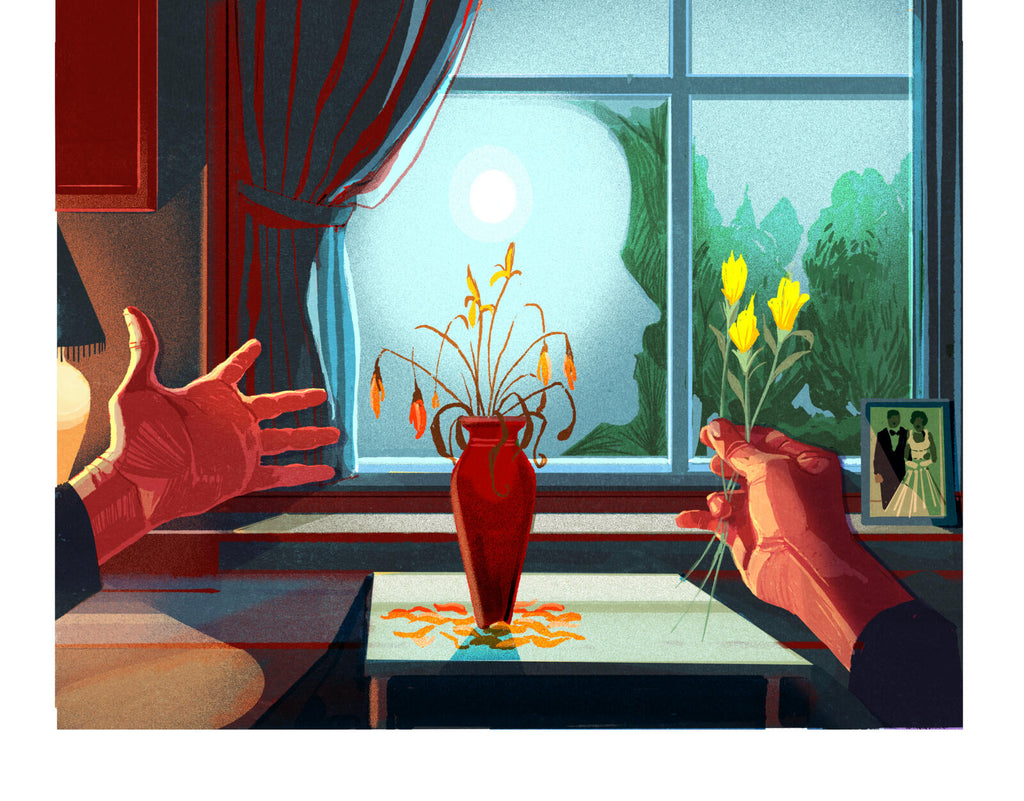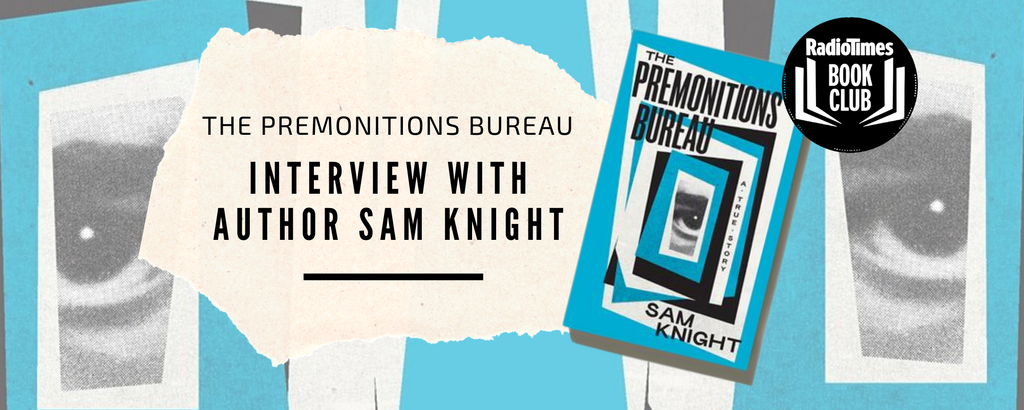
Claire Fuller stumbled out of her marketing job to write her first book at 46. Six years later, she’s on to novel number four
There is a man standing in the middle of a four-lane highway in Reading with a placard that says “LESS DRIVING, MORE WALKING”.
A woman is taking pictures of him, then she stops and they both run away, laughing. Months later the same woman comes across a notice in her local library advertising a Short Story Slam, where a paying audience votes on their favourite five-minute rendition. She turns up every six weeks for almost a year before she wins £9.87, her share of the takings on the door and, it would transpire, her first earnings from writing.
The idea for the one-man demonstration came from a book/art project called Learning to Love You More, and Claire Fuller and her husband had become involved because it took them out of their comfort zone and they liked that. When that project came to an end, and still seeking a challenge, she entered the Slam because, “There’s kind of that weird sense of achievement that you’ve done something that you would never normally do. And you’ve got away with it. I liked that, and I liked the feeling of having written something.”
Inadvertently, and then via a two-year part-time MA course and a deal with Penguin, she had stumbled out of “marketing” and into a new career, at the age of 40. Her debut novel, Our Endless Numbered Days, won the 2015 Desmond Elliott prize. Nominations and lavish praise followed for Swimming Lessons and Bitter Orange. And now her most recent work, Unsettled Ground, has been shortlisted for the prestigious 2021 Women’s Prize for Fiction, and she’s on Radio 4’s Front Row this week to talk about it.
‘ I set the characters running… and later find out what the novel is about’
Curiously enough, the book also deals with people being taken out of their comfort zone, but not willingly or for kicks – quite the reverse – and has much to say about modern life and those it has left behind, in this case the rural working class.
“There is an awful lot of fiction that deals with the urban poor,” says Fuller, “but I struggled to find any about the rural equivalent, with no public transport or internet access, library closures and everything else that is being taken away. People still live like this.”
Her characters Jeanie and Julius certainly do: they’re 51-year-old twins, who share a run-down cottage with their mother Dot and live a hand-to-mouth existence from the land and odd jobs, with barely a nod to the 21st century.
Their accommodation, a recurring theme in Fuller’s books, is barely habitable but is rent-free due to an unusual arrangement with the local landowner. And then one morning Dot dies of a stroke, and the twins are left to come to terms with grief, imminent eviction and a world that, in its unseemly rush to embrace “progress”, has forgotten people like this still exist – sans TV, sans bank account, sans everything. Add to the mix the violent death of their father almost four decades previously, a crime and a web of family secrets, and the scene is set.

“I don’t really plan out what’s going to happen,” explains Fuller. “I try to get to know my characters, and then when I have them – that is to say, when I understand and feel for them – I start the book and set them off running. “It’s a little bit scary because I don’t know where it’s going to go until a year and a half later when I’ll finally find out what the novel is all about. But it’s fun to just let them go and see what they do; I find it as exciting as I hope any reader would. I don’t want to question that process because it’s worked for me so far.” That’s probably sensible, because it’s this nervous sense of anticipation and empathy that drives the narrative – with a kind of righteous indignation and energy that rides shotgun to the wonderful descriptive prowess employed by the author.
Fuller’s countryside is not twee or picture-postcard; it’s real and under your feet. From the moment the book opens you are there. She brings us the smells, the earthy substance of a garden fork turning over the soil, the land as something more than just landscape, and an idea of what it means to the vulnerable yet determined Jeanie as she attempts to cling to the idea of belonging and home (no matter how homely) that runs deep in us all.
Julius is less easy to love but not difficult to root for as he faces his own set of challenges brought about by dislocation – although, as Fuller laughs, “Readers seem to care more about the dog. Which says something about the British, I suppose. “I’ve had people email me to say, ‘I’m in the middle of reading your book and I need to know whether the dog survives or not before I carry on.’ And yes, I tell them, you can carry on reading. But the most incredible feedback I’ve had is about Jeanie, from people saying that they cried for her and are still thinking about her. That’s the kind of reaction you want, as you really don’t know until the book’s out there whether it’s going to work.”
For a woman who thrills in leaving her comfort zone, either in person or by proxy through her fictional characters, she may have to change the winning formula for her next book – as she is in grave danger of becoming one of this country’s most consistently fabulous novelists.
BILL BORROWS
To receive this month’s choice, Unsettled Ground by Claire Fuller, for £14.99 (incl p&p) — with bookplate signed by the author — sign up to the RT Book Club now on a monthly or quarterly subscription to suit your reading speed and enjoy free delivery with your book sent giftwrapped to your door for your convenience!
You will receive a novel or non-fiction book that we at Radio Times recommend especially for you — one we’re sure you will enjoy. Click here to find out more!
Readers can also buy a copy of Unsettled Ground for £14.99 incl. p&p without joining the Book Club. Please call 03302 232 639 or click here.






